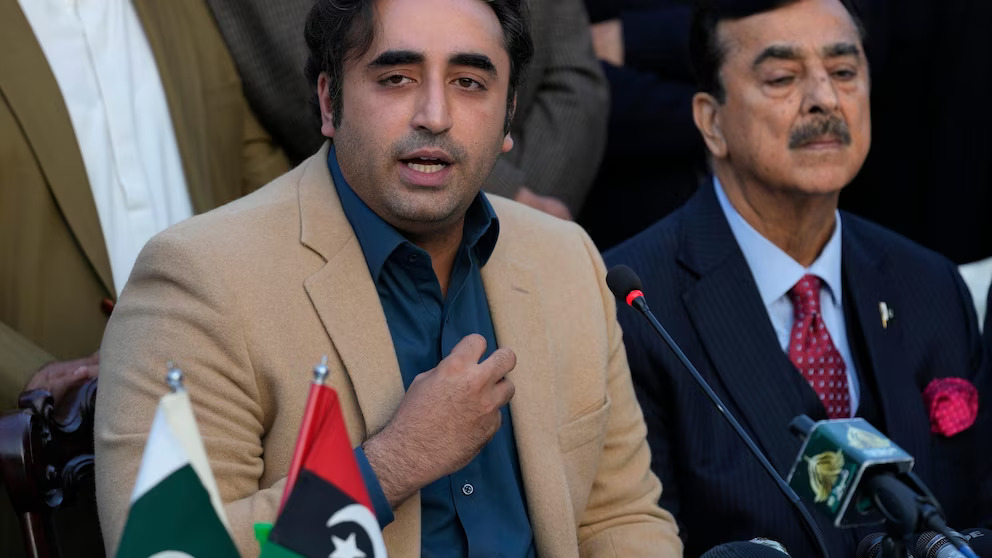In the aftermath of Pakistan’s February 8 elections, a six-party alliance is emerging as a strong contender to form the country’s next government. The coalition, led by the Pakistan Muslim League-Nawaz (PMLN) with 75 seats and the Pakistan People’s Party (PPP) with 54 seats, has announced its formation after nearly a week of post-election political drama. This coalition, declared on Tuesday night, boasts a parliamentary strength exceeding the necessary 134 seats for a simple majority in the National Assembly.
However, the political landscape remains tense as Imran Khan’s Pakistan Tehreek-e-Insaf (PTI) rejects the alliance, branding them as “mandate thieves.” PTI, which won a total of 93 seats, claims that the election was marred by widespread rigging and manipulation of results. Despite the official results, Gohar Ali Khan, a senior PTI leader, suggests they have evidence indicating that the PTI actually won at least 180 seats out of the 266 contested.
In response to their isolation, the PTI announced plans to form a government by joining forces with the Majlis-e-Wahdat-Muslimeen (MWM), a Shia political and religious party that secured just one seat in the elections. This move adds another layer of complexity to an already intricate political scenario.
Critics of the PMLN-led alliance raise questions about the sustainability of the incoming government, drawing parallels with the previous Pakistan Democratic Movement (PDM) coalition that ruled for 16 months starting April 2022. The PDM, also led by PMLN and PPP, came to power after deposing then-Prime Minister Khan through a vote of no confidence – a situation akin to the accusations leveled against the six-party coalition by PTI and its supporters.
Shehbaz Sharif, the prime minister during the PDM tenure, has been nominated as the coalition’s choice for prime minister. Bilawal Bhutto-Zardari, the chairperson of the PPP, and former President Asif Ali Zardari seemingly extend an olive branch to the PTI. However, the PTI remains steadfast, insisting that they will not engage with parties they accuse of a “stolen mandate.”
Ahsan Iqbal, a senior PMLN leader, defends the credibility of the coalition, emphasizing that the nation has given a mandate to those parties that “saved the country from default” under Imran Khan’s government. He stresses the importance of setting aside differences after the election and working together for the greater good.
In a news conference, PPP leader Asif Ali Zardari extends an invitation to the PTI for reconciliation, emphasizing the need for constructive political dialogue. In contrast, PTI’s Gohar Ali Khan insists that they will not engage with parties they believe have benefited from a “stolen mandate.”
The PTI’s foremost priority is seeking “justice” regarding the alleged manipulation in the elections. They pledge to pursue legal avenues and present proof of rigging nationally and internationally. While they await court decisions, the PTI asserts that they will present a robust and constructive opposition in the country’s history.
As the political saga unfolds, Pakistan finds itself at a critical juncture, with a complex and evolving political scenario shaping the nation’s future.



